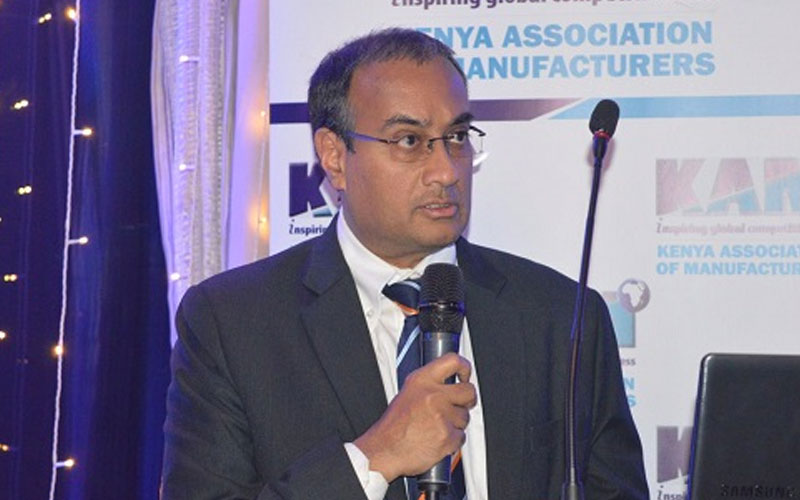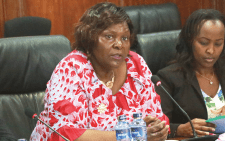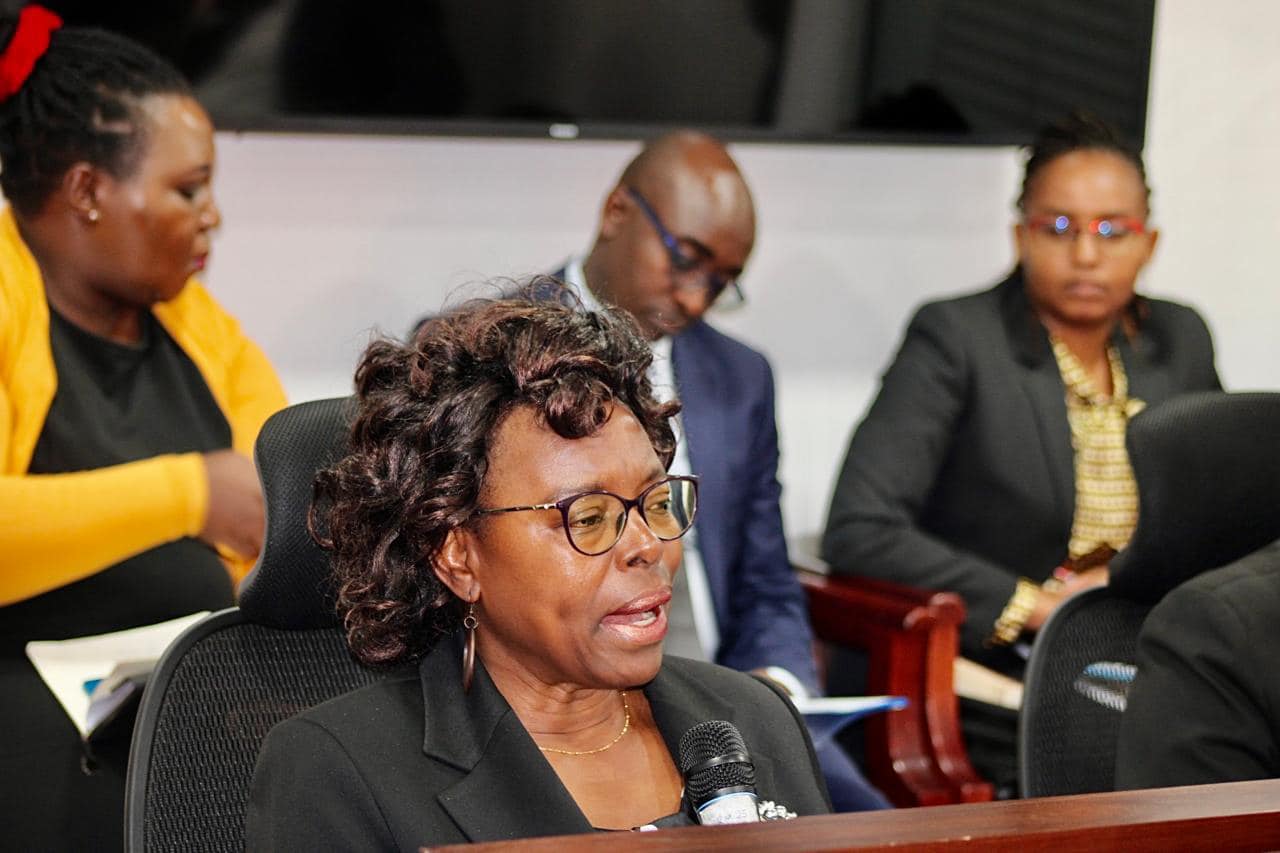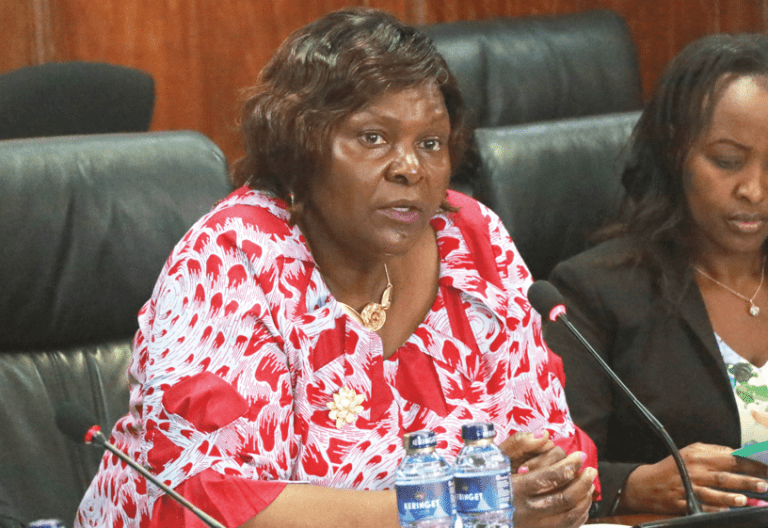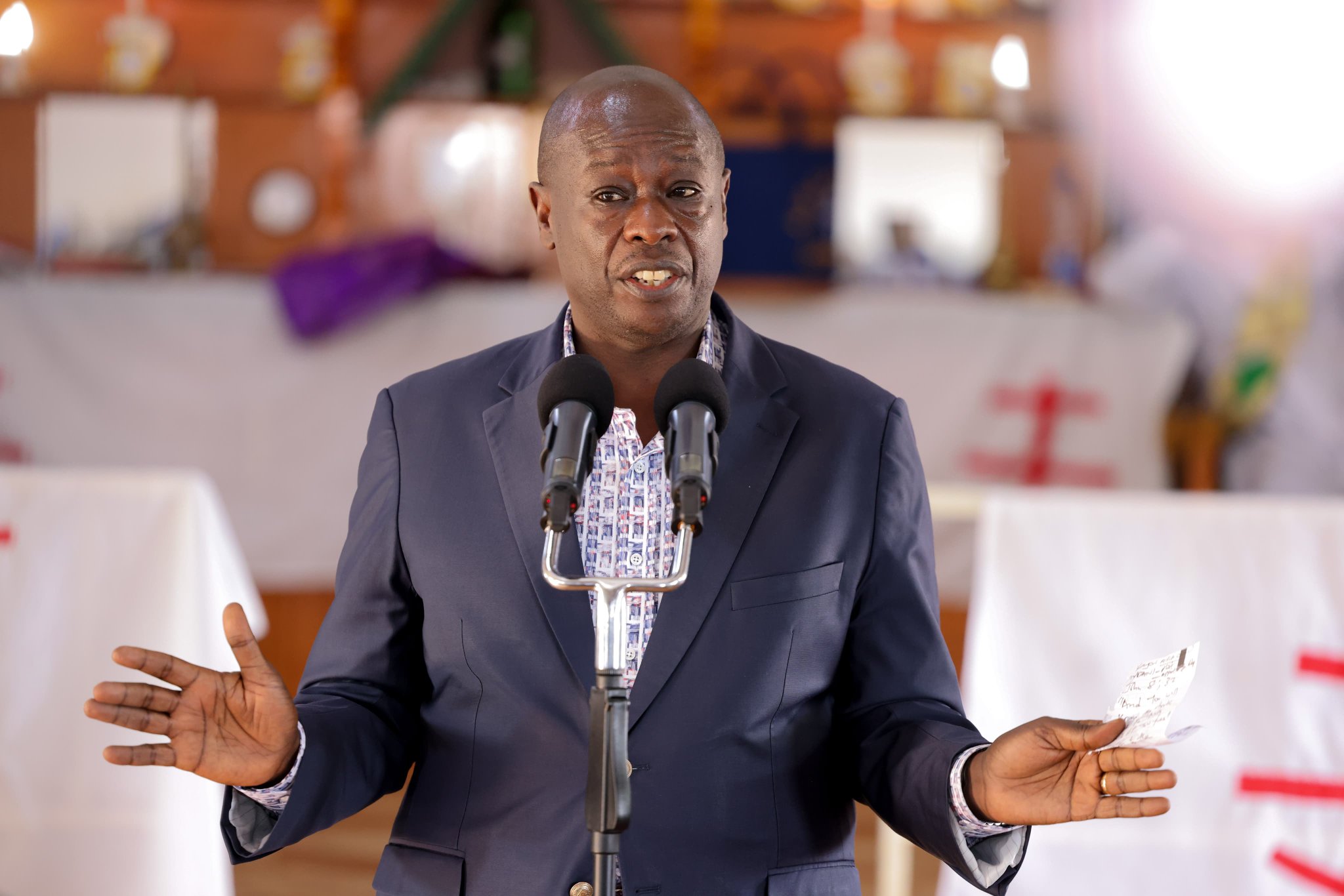State takes major steps to reduce electricity cost

The Government has frozen contracting of additional Independent Power Producers (IPPs) and ordered Kenya Power to review existing purchase agreements in a bid to lower the cost of electricity.
The two drastic decisions top a raft of reforms the government announced yesterday at the power utility firm, which would also include transforming the State corporation into a special government project.
Interior Cabinet Secretary (CS) Fred Matiang’i, who chaired a meeting of top government officials, said the decision was in line with recommendations of the Presidential Task Force on the Review of Power Purchase Agreements entered into by Kenya Power, following widespread concerns of high electricity bills.
With the reforms, Matiang’i said the government foresees a drastic reduction in the cost of electricity by almost half in the next few days. He also disclosed that the government was working on ways to ensure reduction of fuel prices by next week.
“We are all concerned about the cost of power. Our bills are too high and we have taken tough decisions to deal with challenges in this sector with the focus being the bringing down of the cost of power,” said Matiang’i.
Investment blunders
IPPs were introduced in the early 2000s to stabilise supply of electricity in the country by bridging the power generation gap resulting from years of under investment in the industry by the government.
Failure to adequately invest in power generation had plunged the country into frequent blackouts between 1999 and 2000, following a two-year drought that dried out the country’s hydropower dams.
The IPPs have, however, become a cause of great distress, with their astronomical fees driving the utility firm’s high tariffs, which in turn are passed on to consumers with claims the money is used to cover the cost of fuel used in generating electricity.
The 2020 KP annual report indicates that the public power distributor paid more than Sh13 billion to Tsavo Power Company Limited, Iberafrica Power (E.A) Co Ltd, Thika Power Limited, Gulf Power Limited and Triumph Power Generating Co Ltd for supply of electricity.
Of the five, Triumph and Gulf were the most expensive, selling a unit of electricity to Kenya Power at Sh173.08 and Sh121.56, against KenGen’s Sh5.48 per unit. “Effective now, we have suspended any negotiations on any new PPAs. We are going to deal with the PPAs that we have in place,” the CS said yesterday.
Matiang’i was speaking after a meeting with the KP board, the company’s senior management team and officials from the Ministry of Energy.
At the same time, the minister said the government had declared Kenya Power a “Special Project” and an inter-ministerial team set up to audit and oversight the power distributor.
“We are going to do a forensic audit of some of our systems and procedures at Kenya Power. We are working jointly at an inter-ministerial level to reduce the system losses including the theft of power. We will address all challenges that result in passing unnecessary costs to consumers,” the minister said.
A multi-agency team comprising the Directorate of Criminal Investigation (DCI), Financial Reporting Centre (FRC), Assets Recovery Authority (ARA) and other investigative agencies will be assembled to probe the alarming system losses within Kenya Power, procurement practices, insider trading, conflict of interests and suspect transactions involving staff, he said.
For a while, Kenya Power has been running at a loss, with all indicators pointing to ineffective PPAs that have left the company heavily indebted, while ironically paying for excess energy it does not need in take-or-pay, arrangements blamed on poor negotiations and vested interests.
Besides high fixed capacity charges amounting to Sh47 billion, the PPAs are bound by Commercial Operation Dates (CODs) that are not aligned with the company’s power demand that has often resulted in excess power generation even when the demand is low.
In the financial year 2019/2020, Kenya Power posted a loss before tax of Sh7 billion. Its negative working capital position for the fourth consecutive year has also raised substantial doubt about its ability to sustain operations.
Yield results
The system losses stood at 23.47 per cent, exceeding the 19.99 per cent limit approved by the Energy and Petroleum Authority (EPRA). This is attributed to lack of internal control measures put in place to mitigate losses, including governance.
The company’s obligations to pay for goods and services that were acquired from suppliers were also not met with a long outstanding balance of Sh1.3 billion resulting in discontentment of financiers and suppliers.
Further, the company did not submit to the Unclaimed Financial Assets Authority Sh1.2 billion of deposit refunds to consumers, unidentified receipts, unpaid customer electricity deposits, unpaid way-leaves compensation and unclaimed dividends and stale cheques as required by the UFAA Act, 2011.
Matiang’i was confident that the proposed changes will yield the much-desired results, and assured Kenyans that the unit cost of electricity billed to clients will reduce.
“We have agreed with the board on a very aggressive method of reviewing even the billing system at Kenya Power to ensure that it addresses some of these challenges that we have. So I am confident that the raft of measures that we have agreed on to implement the report of the task force will lead us to the destination we desire, which is reduced power bills and affordable power in the country,” said Matiang’i.
The Cabinet sub-committee task force was constituted by President Uhuru Kenyatta in June this year and completed its work within the stipulated six months.
Yesterday, Matiang’i was accompanied by Principal Secretaries Gordon Kihalangwa and Julius Muia (Energy and Treasury), Kenya Power board chair Vivian Yeda and Acting KP managing director Rosemary Oduor.
The Presidential Taskforce was led by Mr John Ngumi, Dr Elizabeth Muli was vice-chairperson. Members of the TaskForce were Solicitor-General Kennedy Ogeto, Justice (Rtd.) Aaron G. Ringera, Dr James Mcfiem, Mohammed Nyaoga, Stanley Kamau, Wanjiku Wakogi, Eng Isaac Kiva and Dr Caroline Kittony.
Others were Eng Elizabeth Rogo, Sachen Gudka, Eng James N Mwangi, Dr John Mutua, Anne Eriksson and Yida Kemoli.
